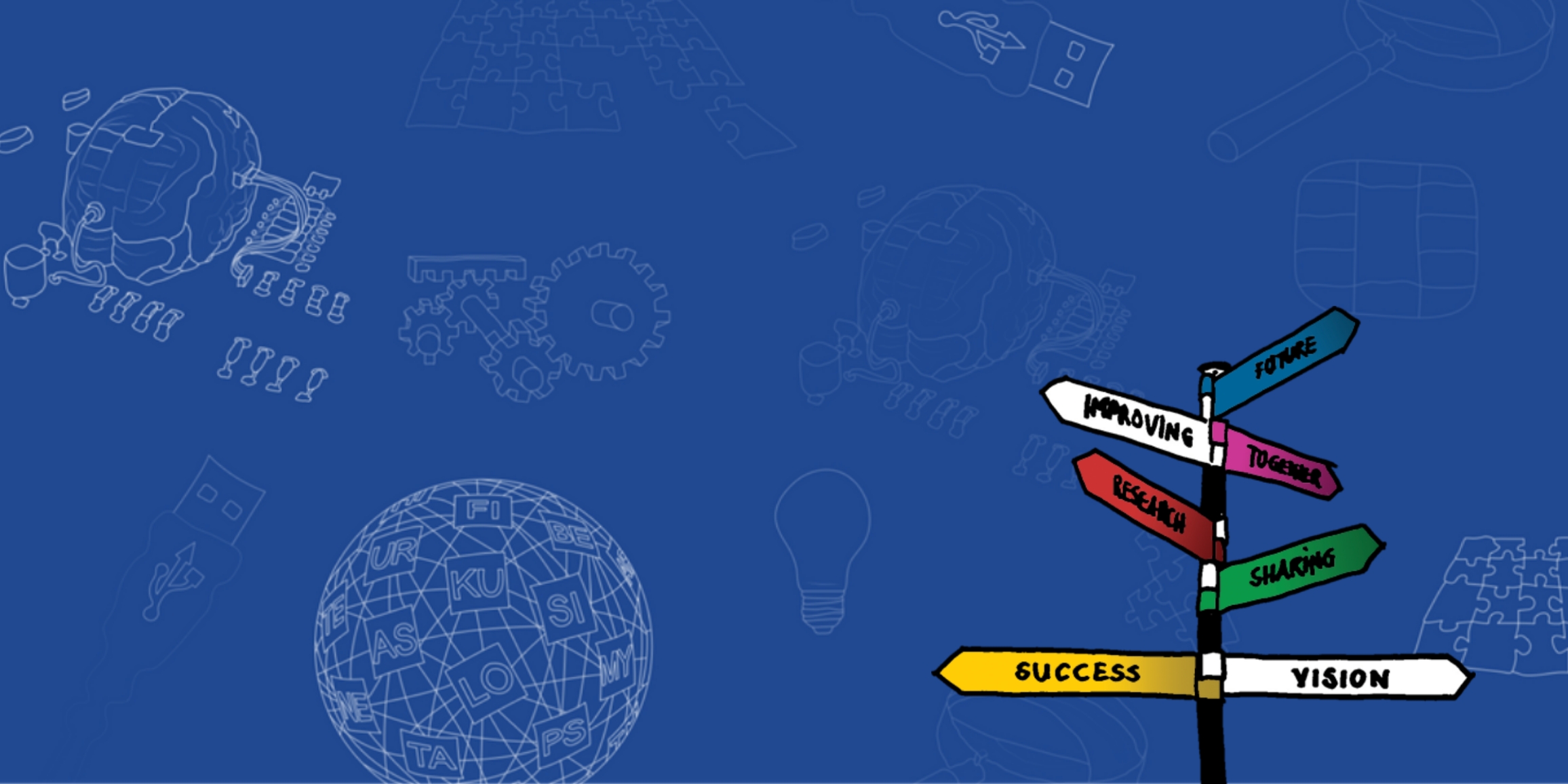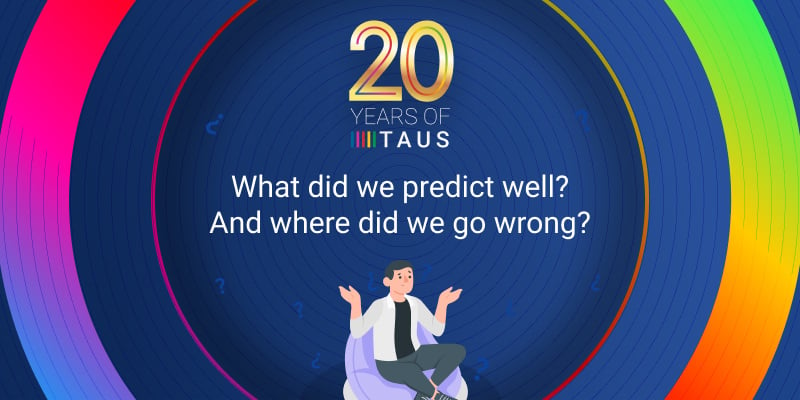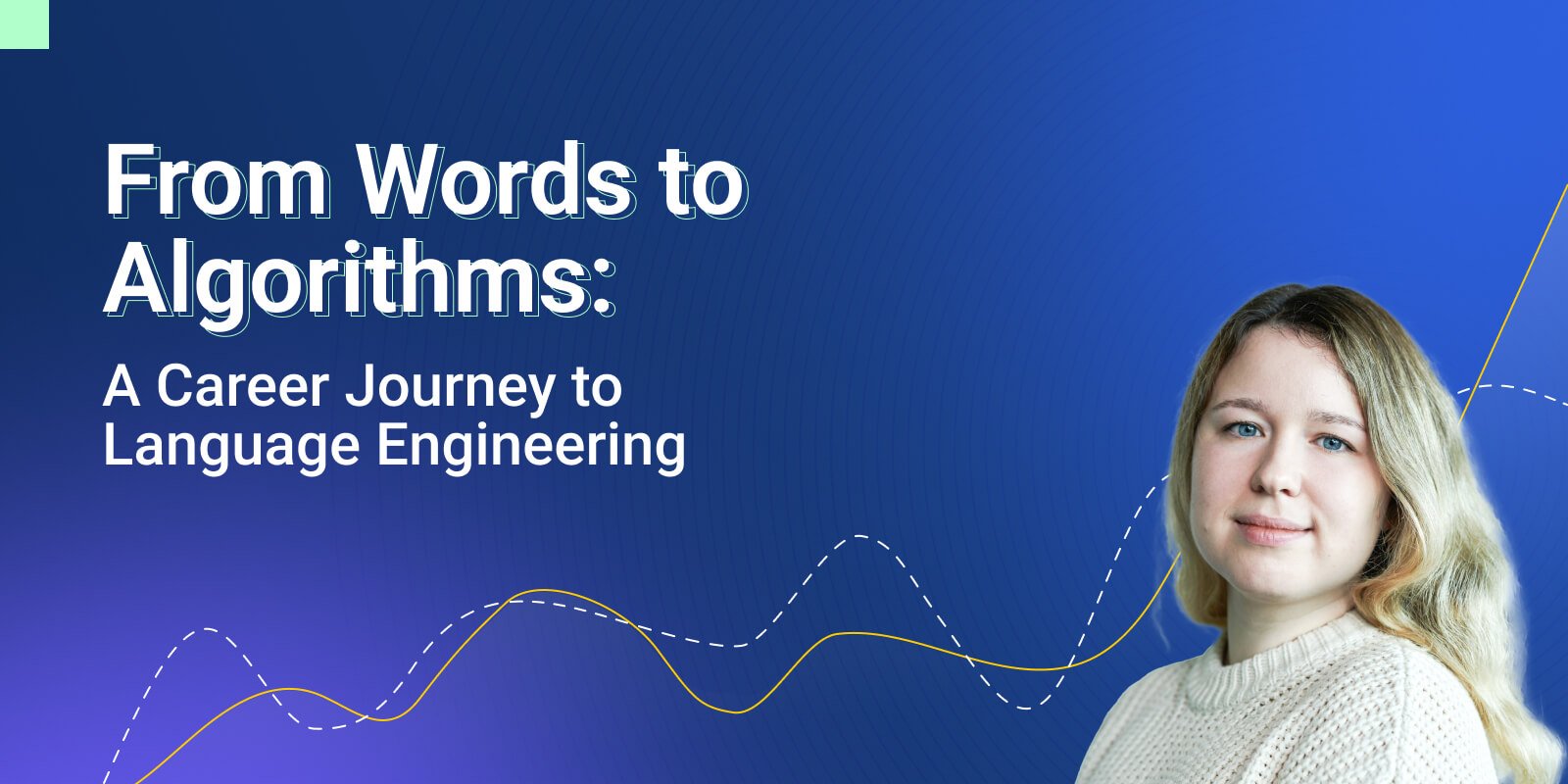2021 According to TAUS
22/12/2020

With data taking the center stage, our message for 2021 is: be wary of inequality in our ecosystem as a result of this fantastic AI revolution. Pay your translators and the data keepers who keep your data in optima forma fairly.
Author

Jaap van der Meer founded TAUS in 2004. He is a language industry pioneer and visionary, who started his first translation company, INK, in The Netherlands in 1980. Jaap is a regular speaker at conferences and author of many articles about technologies, translation and globalization trends.
Related Articles
03/06/2025
Discover how AI and innovation are transforming the localization industry and challenging traditional methods.
21/11/2024
Celebrating the 20th anniversary of TAUS this month caused the team to look back at the predictions and outcomes so far. What have we achieved? What went wrong?
 by Dace Dzeguze
by Dace Dzeguze27/11/2023
Explore the fascinating journey of Lisa Vasileva, a Machine Learning Engineer at TAUS, as she transitions from a professional translator to the field of Natural Language Processing (NLP).


